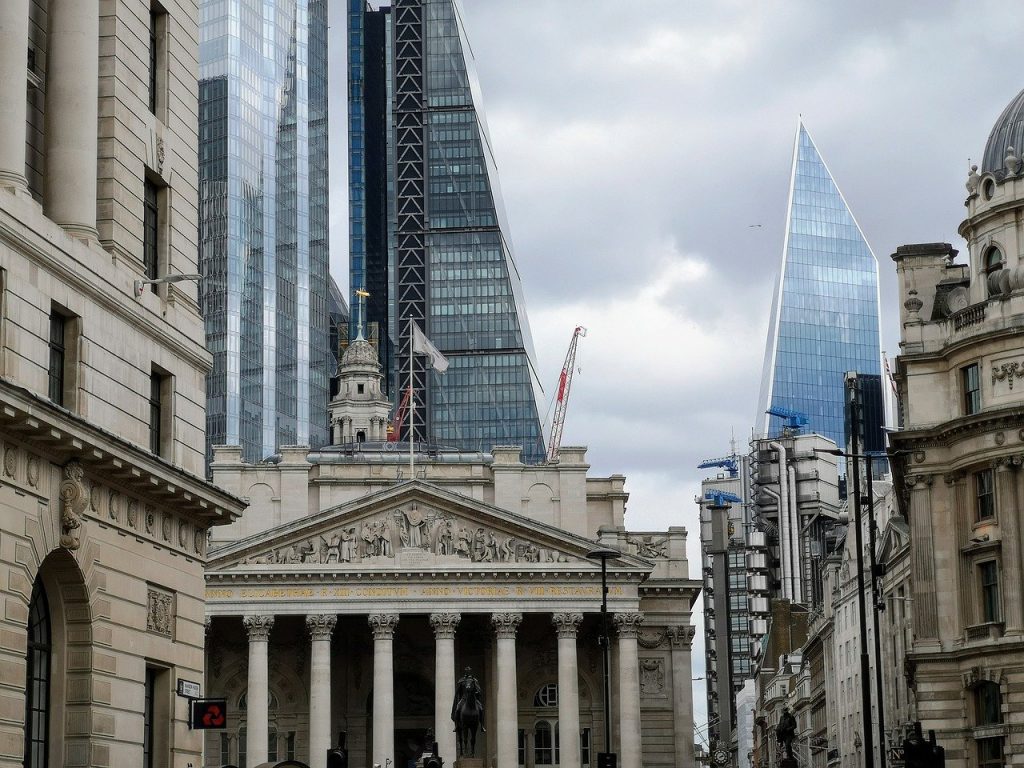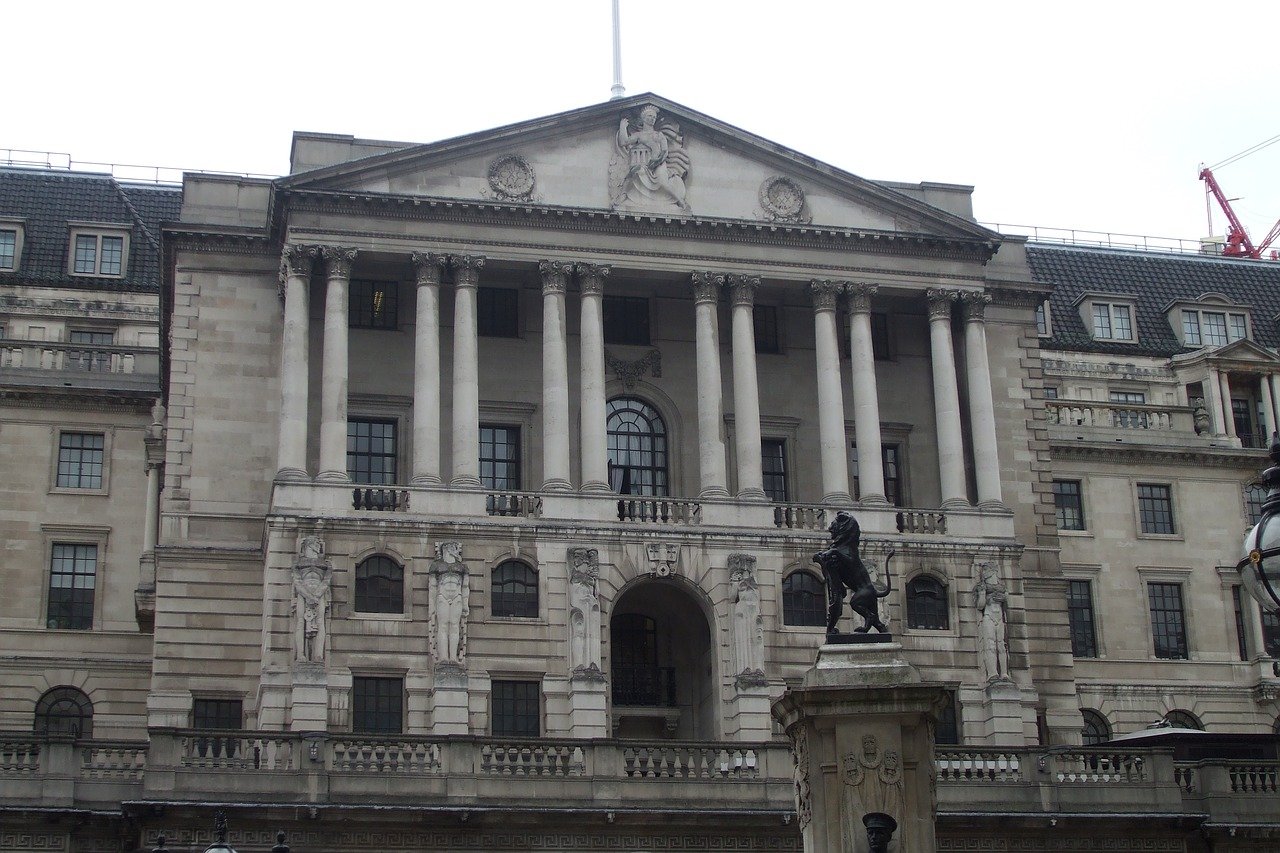In a recent interview on CNBC the Bank of England Governor Andrew Bailey says that UK inflation, “will be a bit bumpy this year”.
He also confirms that, “there will be an upturn in inflation”.
This comes off the back of consistent warnings from many economic analysts concerned about the real risk of rising inflation in the UK, as the economy starts to recover from government implemented restrictions.
“We think currently the policy setting is appropriate. We have got a forecast that has a very substantially strong bounce back but thereafter it comes back more into balance,” Andrew Bailey, governor of the BOE, told CNBC’s Joumanna Bercetche on Thursday.
Table of Contents
What is inflation?
Inflation is the rate at which the value of a currency is falling and consequently the general level of prices for goods and services is rising.
2% inflation target.
The Bank of England now predicts that the CPI (consumer price index) to ‘temporarily’ exceed their 2% inflation target by the end of the year mainly due to the increase in commodity prices.
What is the Consumer Price Index?
The inflation rate is supposed to be based on the rate prices rise or fall of a set basket of goods or services (The Consumer Price Index). Central banks then announce the inflation rate to the public.
However, if you actually look at the information provided by the Consumer Price Index (CPI) online, then it states that the CPI regularly changes the items in the basket of goods periodically to account for, “changes in consumer habits”.
It could be argued that the actual real rate of inflation is higher than what central banks state because the items in the basket are changed to cheaper consumer items, thereby distorting the real rate of inflation.

Inflation targeting.
The BOE use a monetary policy known as inflation targeting to try and control the overall rate of inflation.
Inflation-targeting is when a central bank raises or lowers interest rates to try and maintain a base rate of inflation. Low interest rates usually gives a boost to the economy therefore boosting inflation, and high interest rates would do the opposite.
However, with UK interest rates at next to zero and with public and private debt spiralling out of control, it seems the BOE is now trapped as any rise in interest rates could cause major financial problems.
Read more about UK inflation here.
Britain’s finances are now ‘exposed’.
In a recent interview Rishi Sunak said that Britain’s finances were now ‘exposed’. Source.
If interest rates were to rise a full percentage point this would cost an additional £20billion a year in order for the government to cover the cost of servicing the debt.
The UK national debt alone has now ballooned to over £2.4 trillion.
Simply put, the debt is so big that a 1% rise in interest rates could cripple UK finances.
Inflation is going to be a bit bumpy
Andrew Bailey told Joumanna Bercetche of CNBC that
“There will be an upturn in inflation this year because there are so-called base effects. Energy prices were very low this time last year and that’s coming out, so these effects will take place,”
“Inflation is going to be a bit bumpy this year in that sense as these base effects come in and out. At the moment, we are not seeing evidence that alarms us in terms of will this become embedded in higher inflation? But we will watch it very carefully,”
The real world.
Anyone living in the real world can see that prices are rising. Asset prices are ballooning and the cost of food and energy is also increasing.
For example UK house prices rose by 8.2% in annual terms in April, the biggest gain since April 2016 and following a 6.5% increase in March. Source.
Commodities have recently jumped to their highest in almost a decade as demand for metals, food and energy soar. The Bloomberg Commodity Spot Index has now hit highest level since 2011.
The price of basic commodities have been on an upward trajectory and they do not look like they will be coming down anytime soon.
Gold.
When it comes to gold, informed people often say, “the central bank can’t print gold”, which is basically highlighting why gold is a better store of value compared to fiat currency which can essentially be printed out of thin air by central banks.
When the price of gold goes up or down, it’s more to do with the value or purchasing power of the paper money
Normally you would buy gold to resist inflation, which is why it is commonly regarded as a hedge against inflation.
In essence, gold is an ideal store of value and retains its purchasing power over long periods of time, as it does not have the same inflationary pressures of fiat currencies.
If indeed inflation is going to be ‘a bit bumpy’ this year then gold could be the ideal asset to preserve purchasing power.



